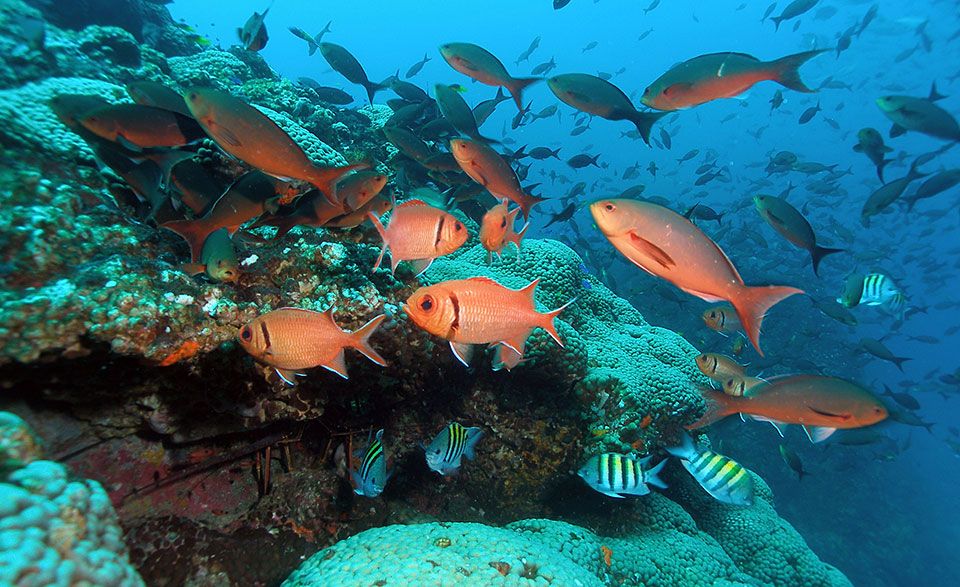Exports of fish, mollusks and crustaceans from Japan to China fell 42% in 2023, affected by restrictions related to a nuclear plant.
According to data from Japan’s Ministry of Finance, this drop meant that exports totaled US$320 million.
As a result, China moved from first to second place among the main destinations of Japanese fish, mollusks and crustaceans exports.
The United States came in first place with 337 million dollars, increasing its Japanese purchases by 12% at an annual rate.
The Japanese government has expressed concern that China, Hong Kong, Macau and Russia continue to apply a trade restrictive measure to suspend imports of aquatic products from Japan without justification, in its view.
To explain: the International Atomic Energy Agency (IAEA) concluded that the discharge of treated water from Japan’s Fukushima Daiichi nuclear power plant does not constitute a food safety issue.
The water discharge was treated using Japan’s advanced liquid treatment system (ALPS).
Fish exports
Overall, global external sales of fish, mollusks and crustaceans from Japan totaled $1.65 billion in 2023.
For the most part, the China effect caused exports of this basket of Japanese products to the world to drop 16% compared to 2022.
Seeing this, the U.S. government stated that it shares Japan’s concerns.
Contrary to the Chinese position, the U.S. believes that such treated water does not raise public safety concerns.
Scientific principles
Second, the discharge will have a negligible impact on any element concentrations in international waters.
Therefore, the United States said that the application of the measure by the four WTO Members cannot be considered to be based on scientific principles.
In addition, the United States pointed out that China’s own nuclear power plants operating on Chinese territory release several times more of certain radioactive compounds, such as tritium, each year than will be released by the Fukushima Daiichi nuclear power plant.
In conclusion, he added, this undermines China’s claims of safety concerns about the same compounds.


